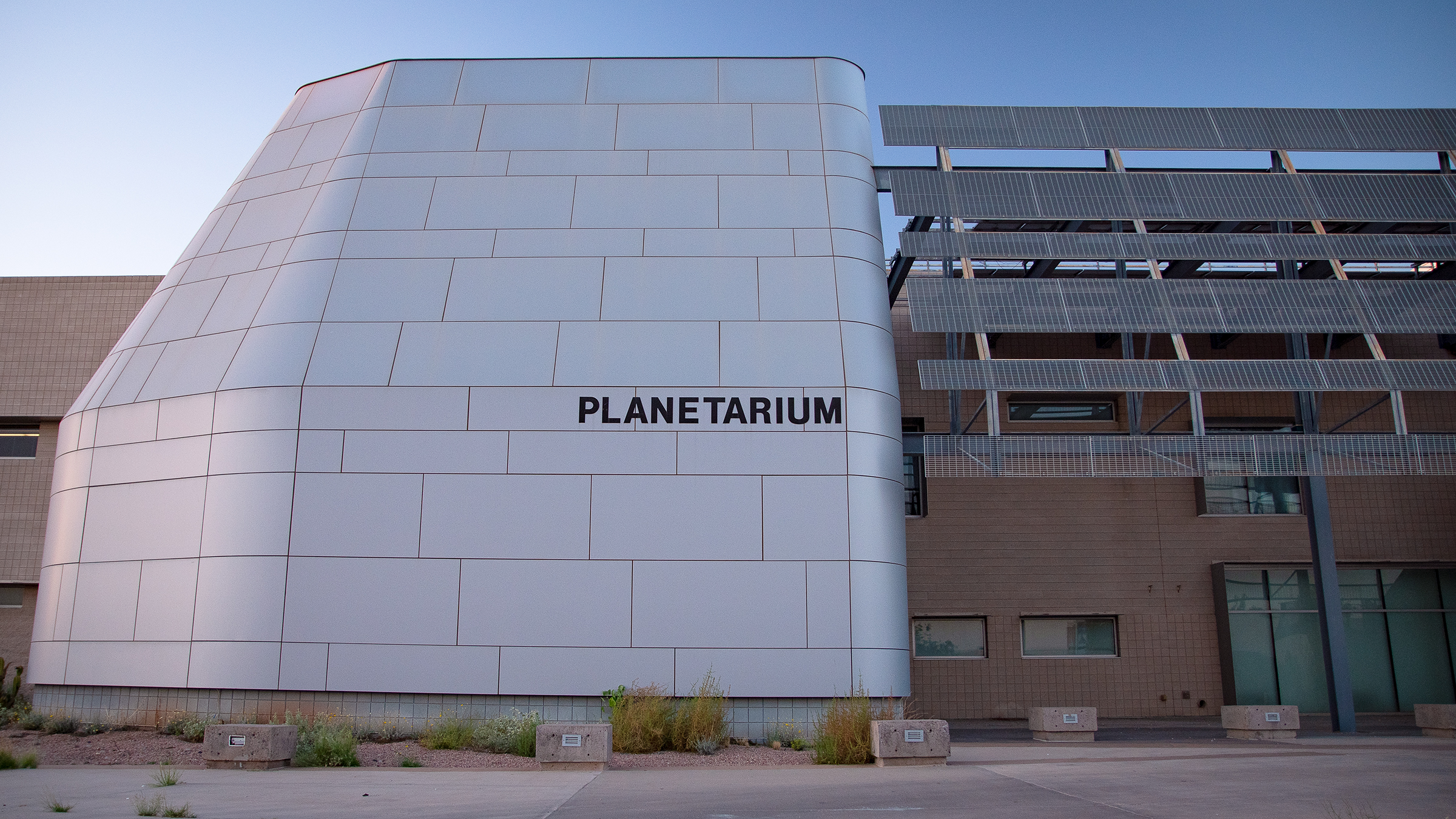Arizona’s Opioid Deaths Increases
Lawmakers and treatment centers are combatting the statewide opioid crisis.
Opioid deaths are a crisis in Arizona where experts say it has increased by 20 percent in the last year.
In 2017, 949 people died from an opioid-caused overdose. The major types of opiate addicts use morphine, dilaudid (hydromorphone), hydrocodone, oxycodone, and oxycontin. Fentanyl, a synthetic opioid, has a huge role in the deaths toll.
To combat the epidemic, local rehabilitation agencies are available to everyone. Community Bridges, a short-term medical detox center, is among those getting people get back on their feet.
Mike Burns, a peer support staff member, said there is no one group more affected by this crisis than another.
Burns added, “Our company has gone from 400 to almost 1500 employees overnight and we’re growing like crazy with 300 something job openings right now.”
Burns explained that addicts start with painkillers and then gradually go from heroin, then go for stronger drugs like cocaine and meth.
While discussing the issue, Burns said Community Bridges sent a staff member to intake a patient, for opioids, from the Banner Desert hospital, across Dobson Rd from Mesa Community College.
“The more you help somebody in addiction, the more you enable them,” Burns said. “Unless somebody wants to get sober, there’s not a whole lot you can do.”
Experts say key signs of addiction are asking for early refills, “doctor shopping”, and bringing in prescriptions from multiple doctors.
Burns said when a person detoxes for a while and returns to using, the issue becomes more dangerous because it slows body functions and the person will eventually die.
Kerri Martin, a CVS pharmacist, said there is a trifecta problem with using opiates, muscle relaxants, benzodiazepines (Xanax) or diazepam (Valium). “There is a big risk of death with those,” Martin explained.
Earlier this year, the Arizona Legislature unanimously voted to combat the state’s opioid epidemic by approving the Arizona Opioid Epidemic Act. The law changes how prescriptions are handled and hospitals treatment of overdoses.
Before prescriptions were monitored, doctors were writing dangerous prescription. Now with increased oversight, medical licensing boards have access to prescription data on individuals. They have also implemented the use of e-prescribing for drugs with a high potential of abuse.
Hospitals focus mostly on the immediate issue of the overdose, but this law requires hospitals to treat the issue and underlying addiction which led to the overdose.
A drug called naloxone is administered mostly by hospitals to patients suffering from an opioid overdose. It blocks the effects of opioids, especially when someone is overdosing. Before the Arizona Opioid Epidemic Act, ancillary law enforcement was not permitted to administer the drug.
The new law permits county health departments, probation officers, detention officers, police aides, crime scene specialists, crime scene laboratory employees and other law enforcement/department of corrections employees to administer the drug.
According to the Arizona Department of Health Services homepage, 25,136 naloxone doses were dispensed and only 6,776 have been administered. Maricopa County is most affected with 7,009 opioid overdoses.
A total of 10,974 possible overdoses reported, 15 percent were fatal. Approximately 2,400 people were ages 25 and 34 were reported to suffer from an overdose which is higher than any other age group. Of all the opiates, oxycodone was the number one drug used.
If you or a loved one is suffering from opioid addiction or heroin addiction, there is help. Community Bridges offers temporary help, but they will point people toward long-term care. For more help on addiction, call the crisis hotline at (602)-222-9444.
Faith Garland is a journalism student at Mesa Community College.









